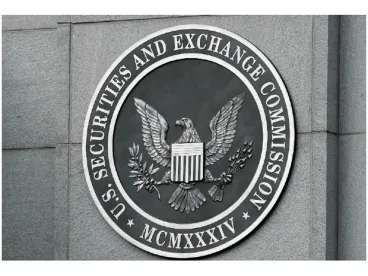In March 2015, I posed the following question:
But if you were hailed before an unconstitutional tribunal with the ostensible authority to fine you and bar you from working, would you want a “real” court to step in and consider the constitutionality of the proceedings?
Since raising that question, several respondents in administrative proceedings brought by the Securities and Exchange Commission have attacked the validity of Administrative Law Judges by filing collateral lawsuits attempting to enjoin administrative enforcement actions. The SEC has beaten back these collateral challenges by arguing that the federal courts lacked jurisdiction because the respondents had failed to raise and exhaust the argument in the administrative proceedings. See, e.g., Hill v. SEC, 825 F.3d 1236 (11th Cir. 2016); Tilton v. SEC, 824 F.3d 276 (2d Cir. 2016); Jarkesy v. SEC, 803 F.3d 9 (D.C. Cir. 2015); Bebo v. SEC, 799 F.3d 765 (7th Cir. 2015) (The subject of my 2015 post was the trial court’s decision in Bebo.).
“Plac’d on this isthmus of a middle state”
When the SEC instituted administrative proceedings against a Colorado businessman, he eschewed a collateral challenge and presented his constitutional challenge in the SEC proceedings. The SEC’s rejection of his argument gave jurisdiction to the 10th Circuit Court of Appeals to review the issue. Bandimere v. United States SEC, 2016 U.S. App. LEXIS 23308 (10th Cir. Dec. 27, 2016). Writing for the majority, Circuit Judge Scott M. Matheson, Jr. concluded that the SEC’s ALJs are inferior officers. To paraphrase Alexander Pope, ALJs occupy an isthmus of a middle state between principal officers and employees. As such, their appointment is subject to the Appointments Clause of the United States Constitution. U.S. Const. art. II, § 2, cl. 2. In reaching this conclusion, Judge Matheson relied heavily on Freytag v. Commissioner of Internal Revenue, 501 U.S. 868 (1991) and disagreed with the D.C. Circuit’s earlier decisions in Raymond J. Lucia Cos., Inc. v. SEC, 832 F.3d 277 (D.C. Cir. 2016) and Landry v. FDIC, 204 F.3d 1125 (D.C. Cir. 2000). Thus, we now have a bona fide circuit split.



 />i
/>i

